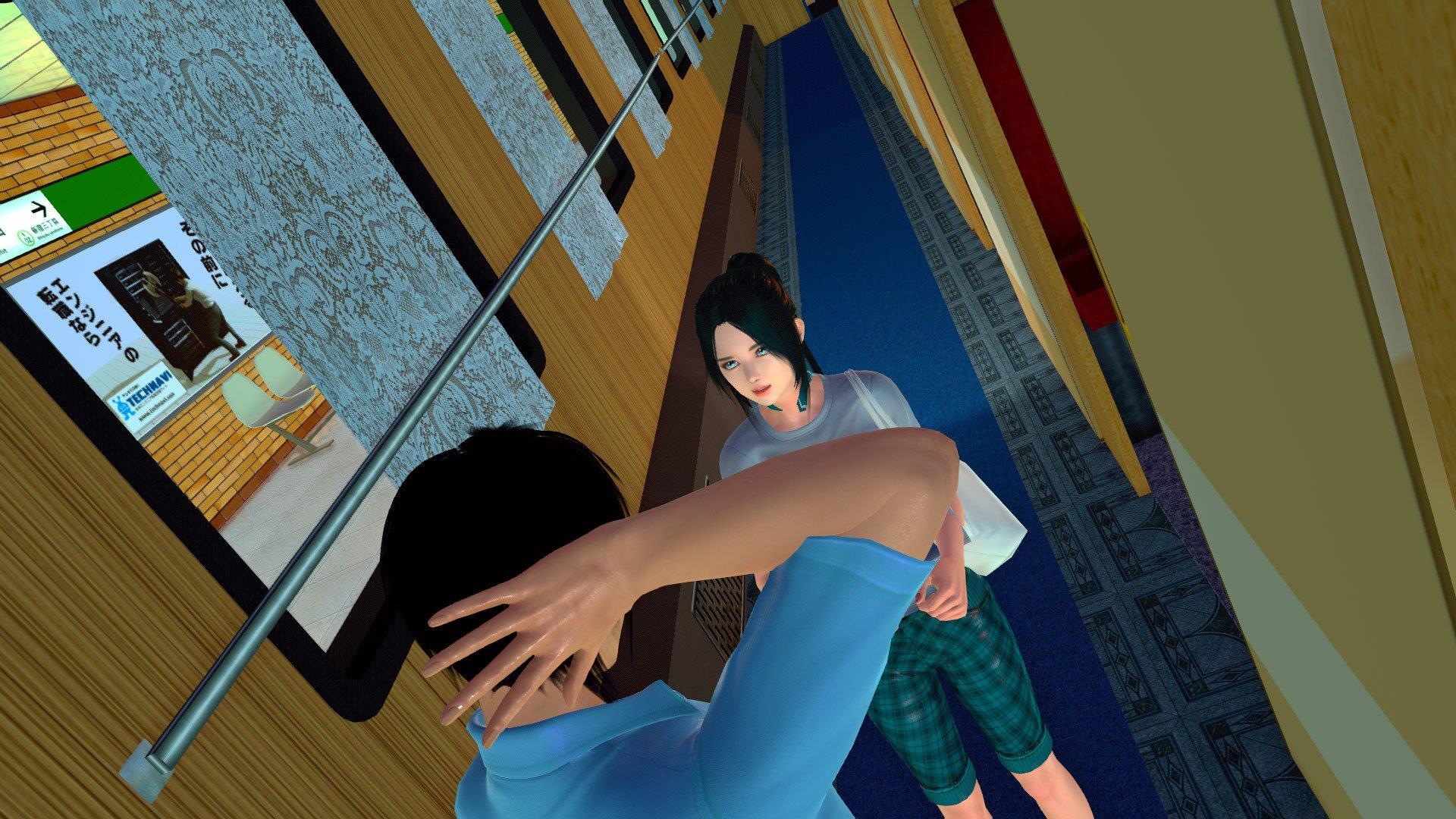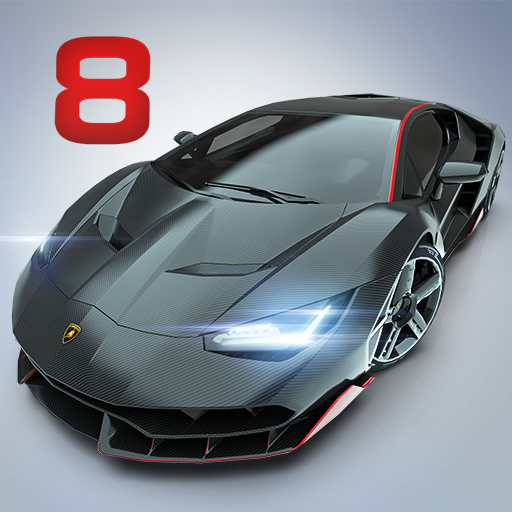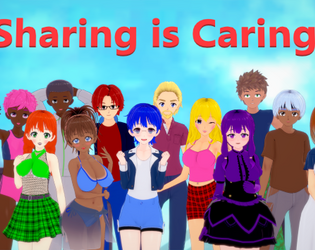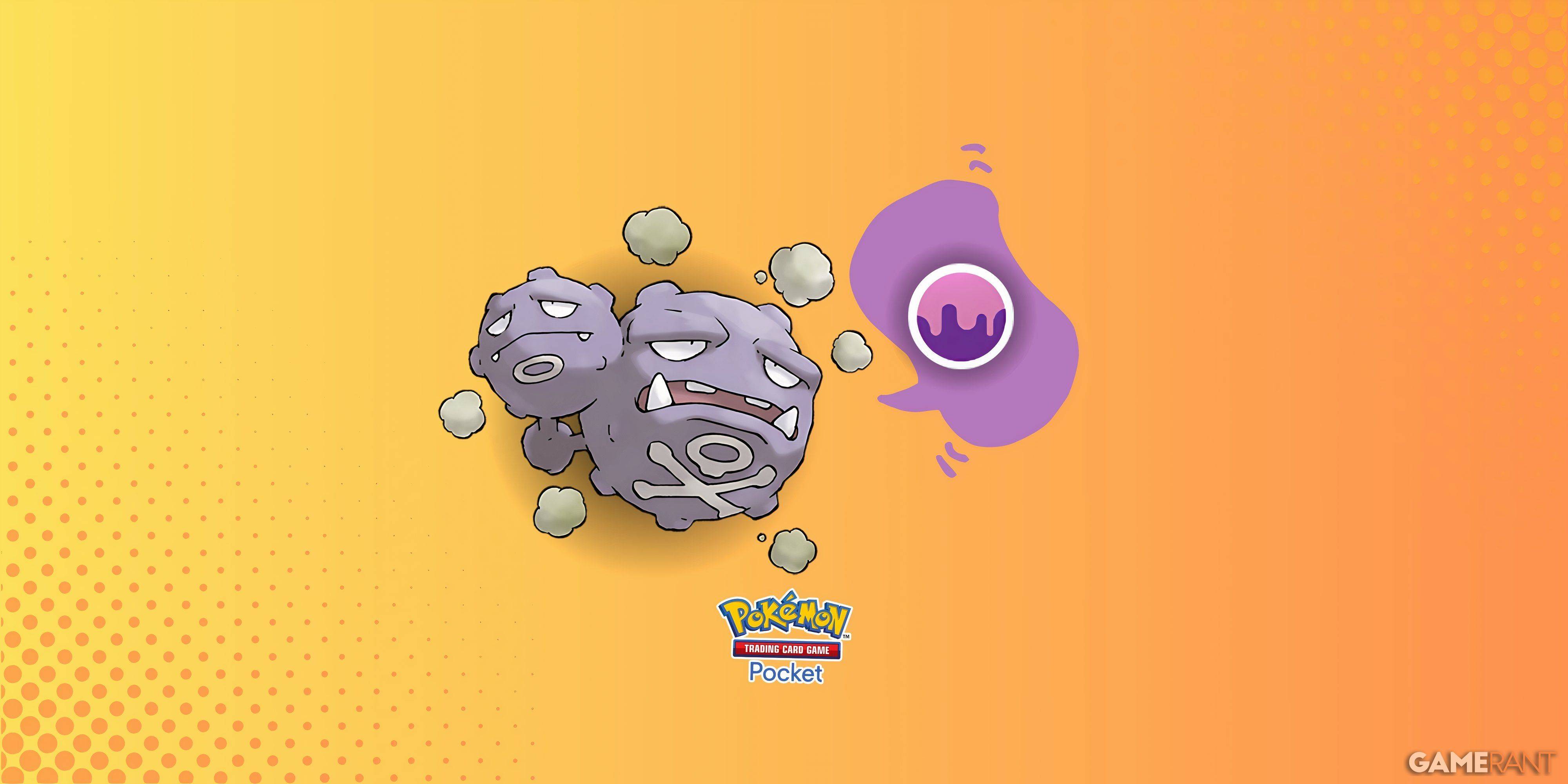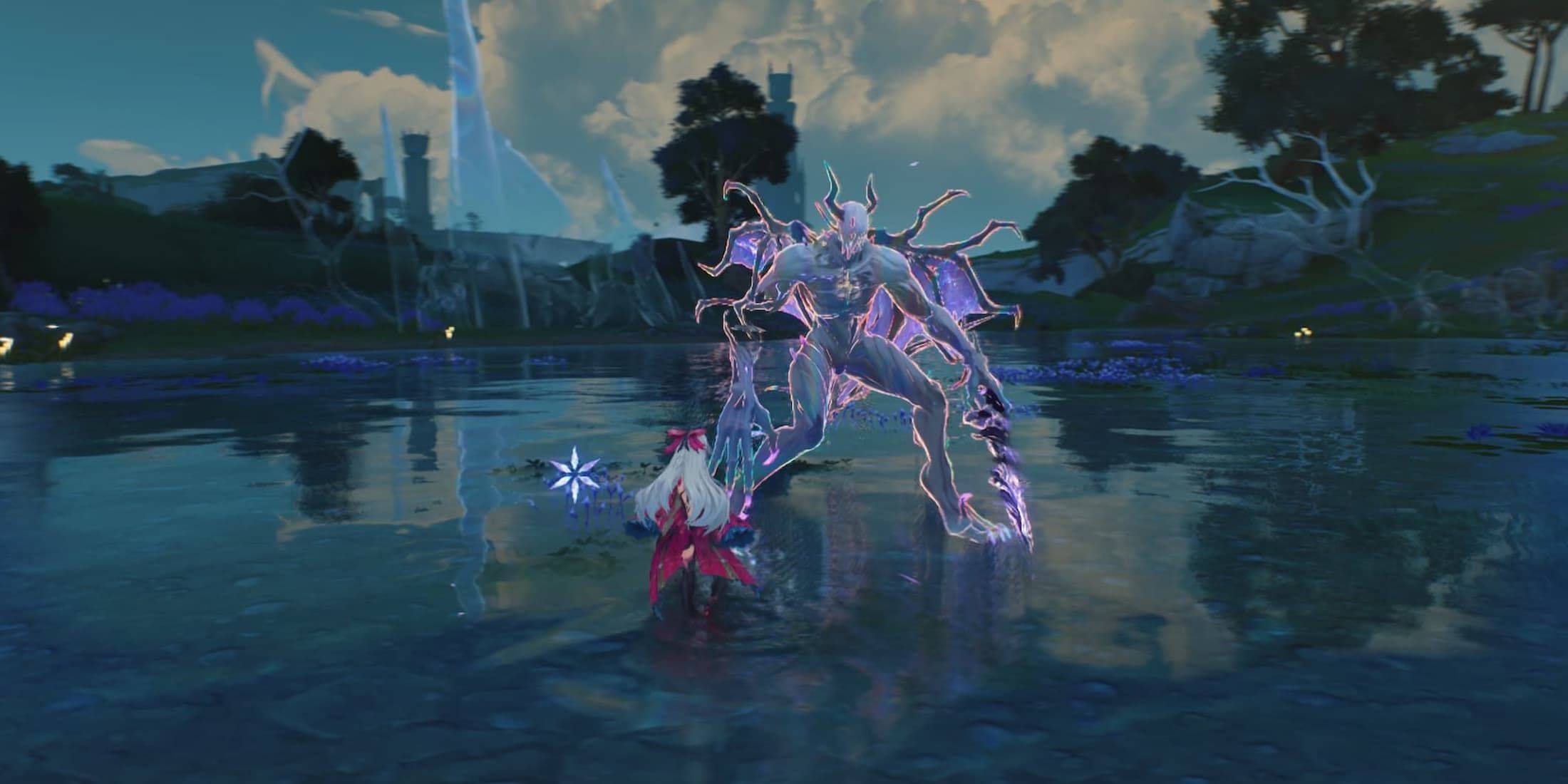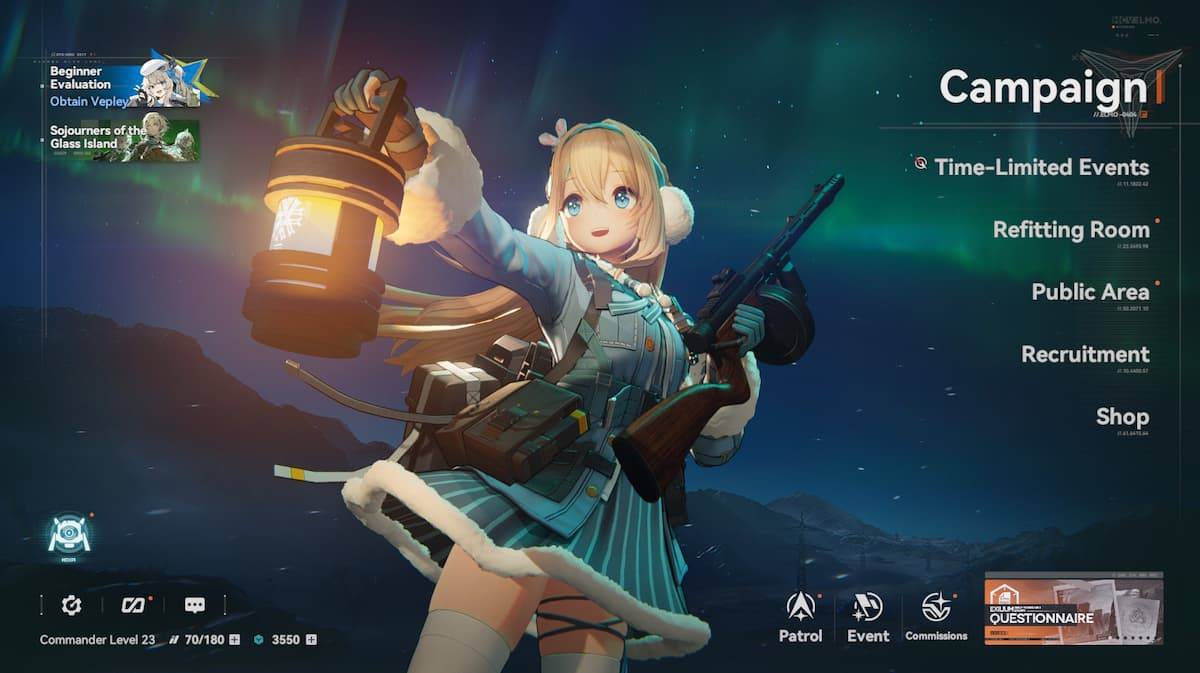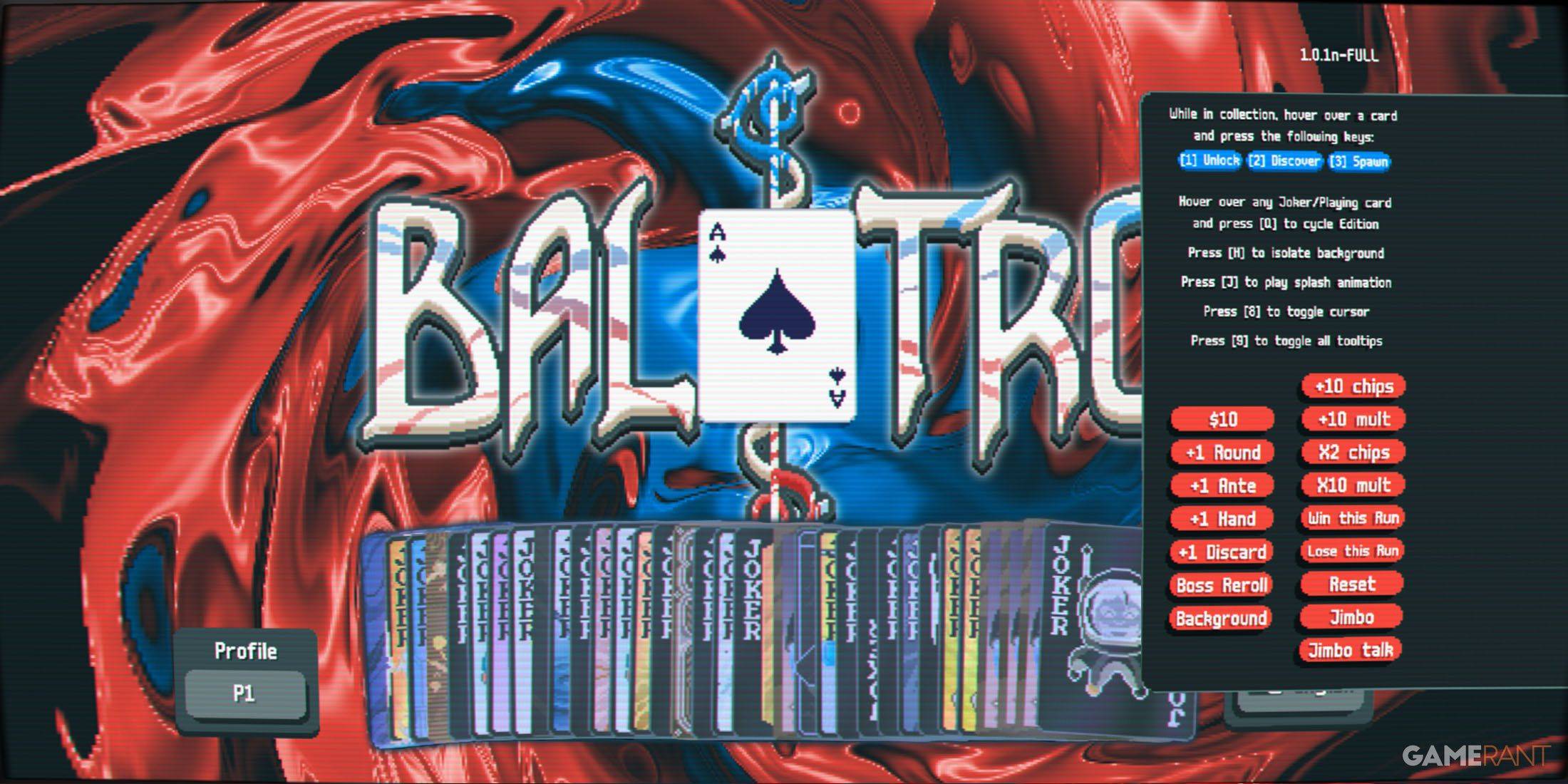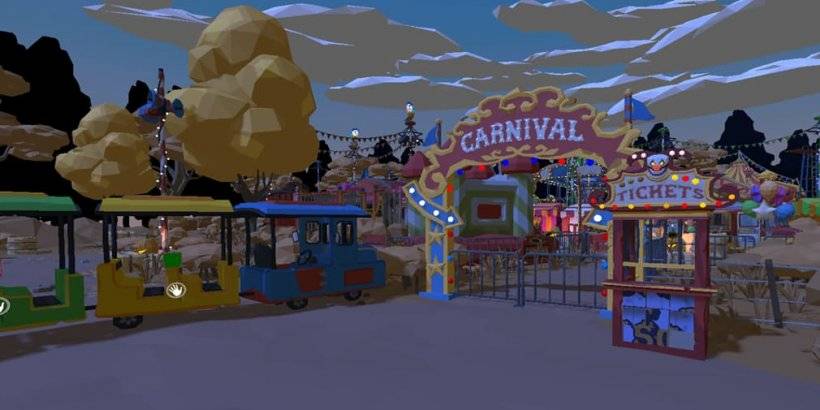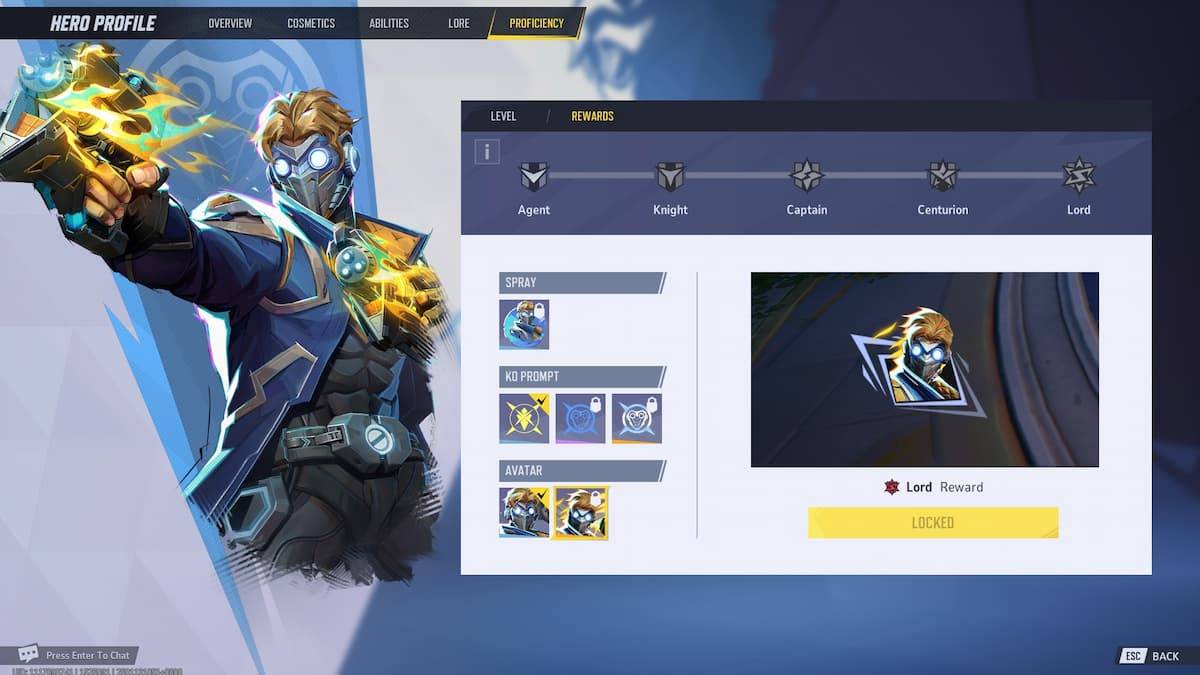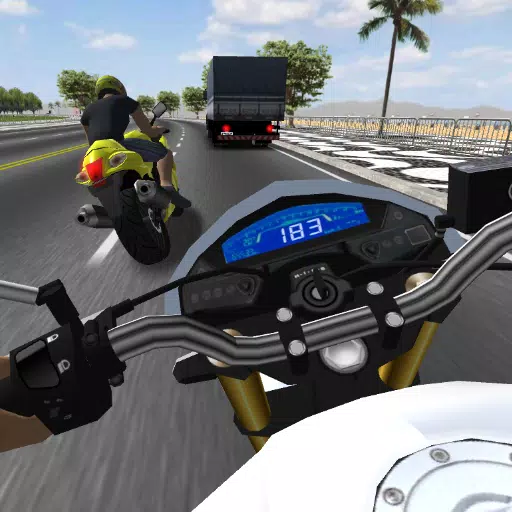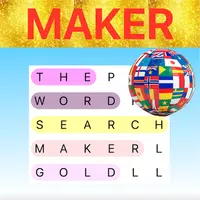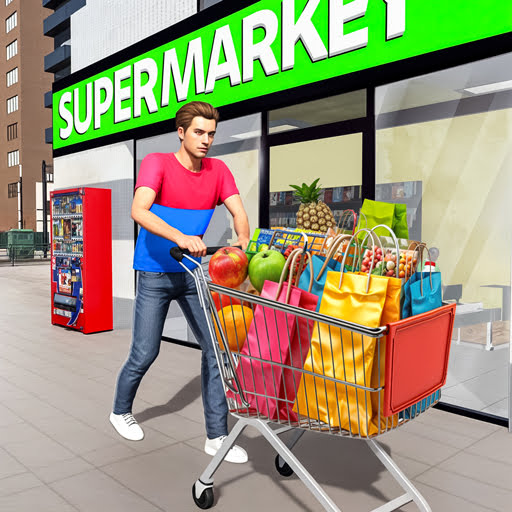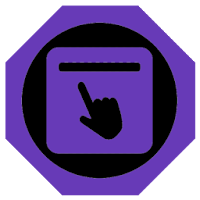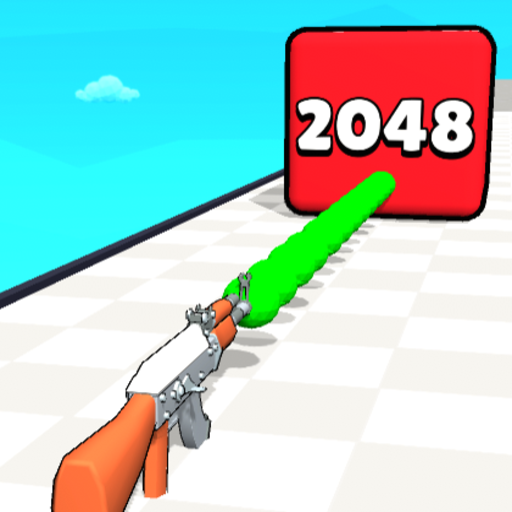Steam, GoG and Others Must Allow Reselling of Downloaded Games in EU
The European Union's Court of Justice has ruled that consumers within the EU can legally resell downloaded games and software, despite any restrictions stated in End User License Agreements (EULAs). This decision stems from a legal dispute between UsedSoft and Oracle, clarifying the principle of copyright exhaustion.

Copyright Exhaustion and Resale Rights:
The court's ruling centers on the principle of exhaustion of distribution rights. Once a copyright holder sells a copy of software and grants the user unlimited usage rights, the distribution right is considered exhausted, permitting resale. This applies to games purchased on platforms like Steam, GoG, and Epic Games. The original purchaser can sell the license, enabling a new buyer to download the game.
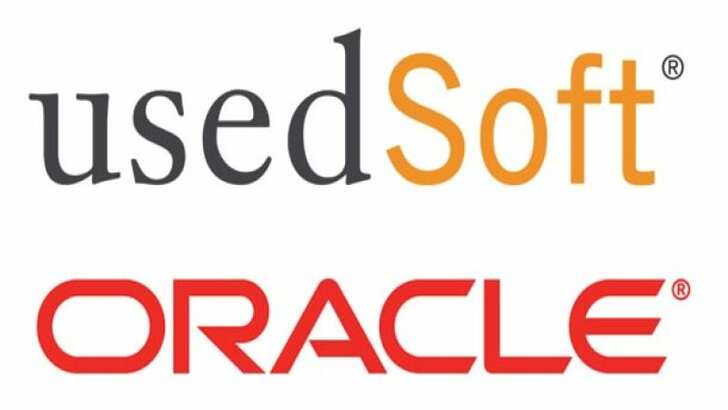
The court's decision explicitly states that even if a license agreement prohibits further transfer, the copyright holder cannot prevent the resale of the original copy. The process might involve transferring a license code, with the original owner losing access after the sale. However, the lack of a formal resale marketplace creates practical challenges.
Limitations on Resale:
While resale is permitted, the seller must render their copy unusable before the sale. Continuing to use the software after selling the license would constitute copyright infringement.
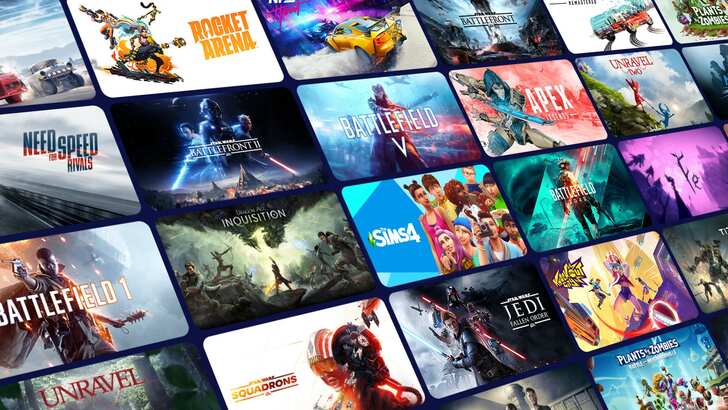
Reproduction Rights:
The court clarifies that while the distribution right is exhausted, the reproduction right remains. However, this right is limited to necessary reproductions for the lawful user's intended purpose. This allows the new buyer to download and install the software.
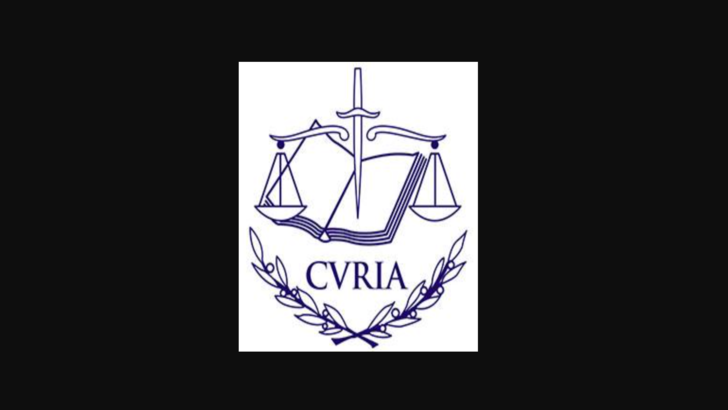
Backup Copies:
Importantly, the ruling excludes backup copies. The court has previously determined that lawful acquirers cannot resell backup copies of software.

This landmark decision significantly impacts the digital games market within the EU, although practical implementation and the creation of a robust resale system remain open questions.
Latest Articles




![Taffy Tales [v1.07.3a]](https://imgs.anofc.com/uploads/32/1719554710667e529623764.jpg)



